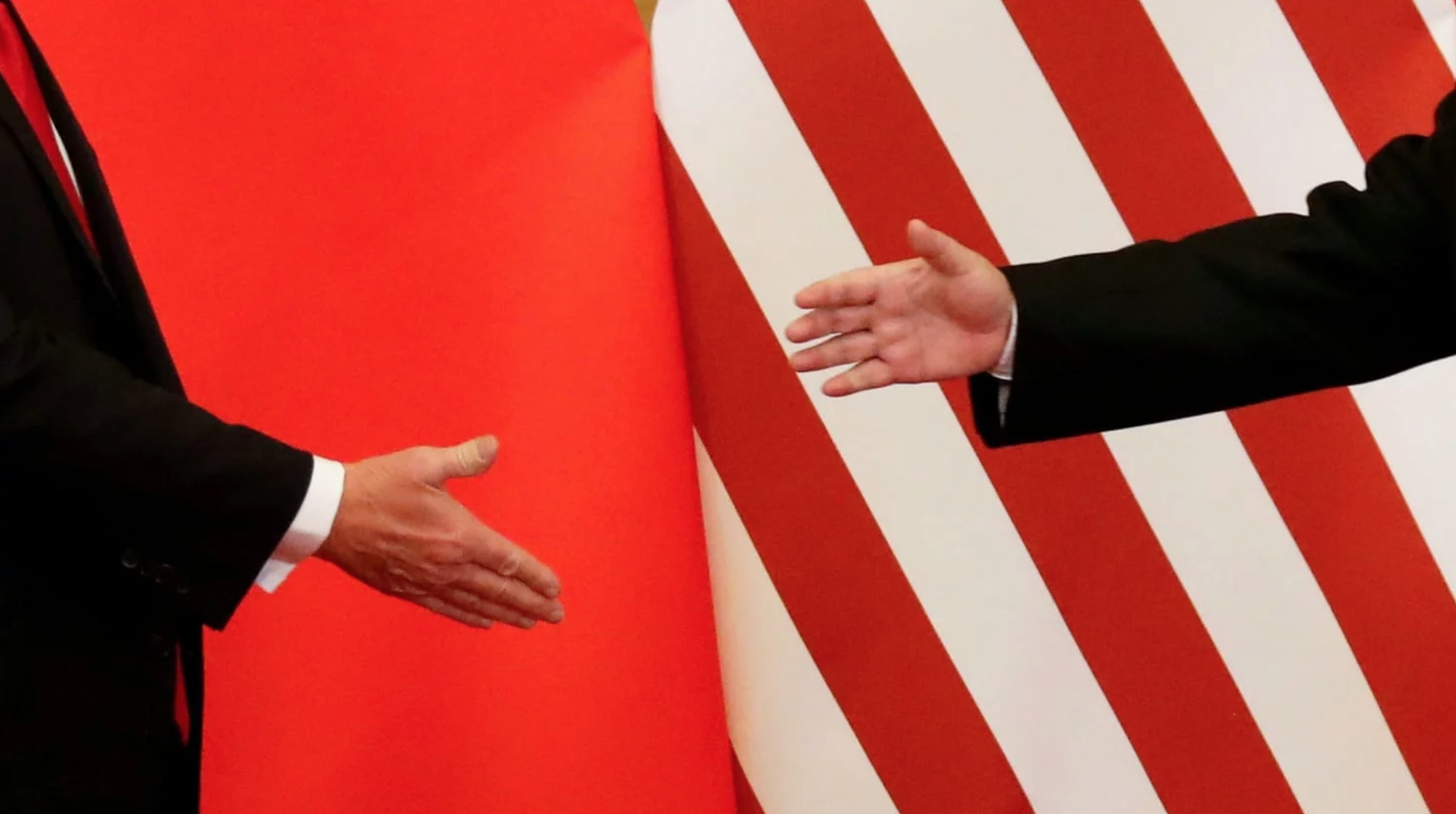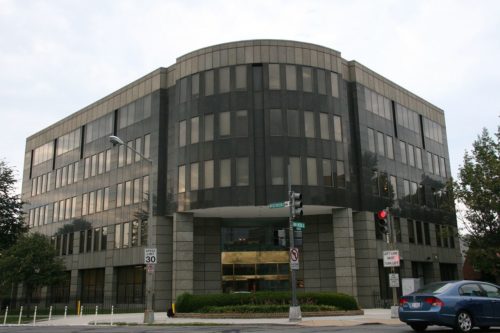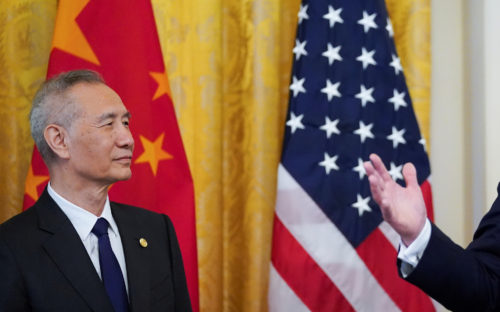Trade war, day 153: China affirms ‘very successful’ trade meeting

After Donald Trump and Xi Jinping agreed to a vague tariff cease-fire (Access paywall) at the G20 on December 1, markets wobbled dramatically as Trump dubbed himself a “Tariff Man,” although China had not yet confirmed most of the specific parts of the agreement that the White House claimed.
Today, China finally followed up about the trade agreement, but Beijing’s statement is still extremely brief, at just six short lines in Chinese. Here’s a complete translation of the notice, titled “Ministry of Commerce spokesman answers reporter’s questions on U.S.-China trade negotiations”:
[Unidentified] reporter question: We are aware that the Chinese trade team has returned to Beijing. Do you have any assessment of the meeting this time?
Answer: The meeting was very successful. We are confident in implementation [of the agreement].
Question: What is the next step of trade negotiations that the Chinese side is preparing for?
Answer: Over the span of 90 days, the economic and trade teams of both sides will actively push forward the negotiation according to a clear schedule and roadmap.
Question: What are the priority items for the Chinese side?
Answer: The Chinese side will start by implementing concrete aspects of the agreed-upon consensus, the sooner the better.
Though a confirmation of a 90-day time frame is reassuring (though China did not specify when it thinks the clock started ticking), we can still not be sure that Beijing has the same “agreed-upon consensus” in mind as Washington.
- More purchases of U.S. soybeans and liquefied natural gas are being prepared, according to “two officials with knowledge of the discussions” in Bloomberg (porous paywall).
- Oil, too, but not immediately: “Chinese oil trader Unipec plans to resume U.S. crude shipments to China by March after the Xi-Trump deal at the G-20 meeting reduced the risk of tariffs being imposed on these imports,” Reuters reports.
- But reductions of auto tariffs, which economic adviser Larry Kudlow had also described as a “litmus test” for negotiations to proceed, have not yet been reported.
- China has also stayed mum about “negotiating about intellectual property protection, technology transfers and other structural issues the U.S. says are on the agenda,” the Wall Street Journal reports (paywall).
- The continued silence is probably because China doesn’t think it agreed to many of the specifics of the initial White House statement. Michael Pillsbury, the hawkish China scholar who caught Trump’s attention after he praised the president’s intelligence on Fox News, told Axios: “I have advised the president’s team that for the past 40 years the American side avoids disclosing Chinese concessions before the final agreed written statement is released.”
- Pillsbury’s now “getting warnings from knowledgeable Chinese about the American claims of concessions,” including “U.S. claims that the Chinese agreed to ‘immediately’ address their most egregious industrial behavior…and to slash tariffs on American cars.”
- But state media is more than happy to advertise that China is “opening up” and welcoming foreign business. An editorial in the Global Times, which points to recently announced penalties for intellectual property violations as “the beginning of Beijing’s swift implementation of the consensus,” concludes, “China, as an increasingly open market, has an irresistible attraction to the entire world including the US.” Global Times editor-in-chief Hú Xījìn 胡锡进 added on Twitter, “Information I received and my observation show China is serious implementing the consensus reached between Xi and Trump. China is taking swift actions.”
- The IP rules were dated November 21, which makes it a bit odd to advertise them as a direct result of the December 1 trade agreement, the WSJ points out.
Other trade-war-related news:
- Aerospace technology
China Maneuvers to Snag Top-Secret Boeing Satellite Technology / WSJ (paywall)
“The founders of a small Los Angeles firm, which ordered a satellite from Boeing, say it was financed and is now controlled by Beijing.” - Fujian Jinhua Integrated Circuit case
US hits back at China over IP theft in chip case / Nikkei Asian Review - 5G technology
CSIS director warns of state-sponsored espionage threat to 5G networks / Globe and Mail - Taiwan
Trade war traps Taiwan between two superpowers / Nikkei Asian Review
- Mergers and acquisitions
China’s remarks on Qualcomm-NXP are encouraging sign for chip M&As / The Street - Financial services opening?
Will licence to operate for US rating agencies equate quick entry into China’s bond market? Far from it / SCMP
“Expectations are rising that Beijing will accelerate further opening of its financial services sector as part of the trade war negotiations in the next 90 days.” - European Union
China and the EU are unlikely to become allies against Trump’s trade war, however much Beijing wishes otherwise / SCMP - Chinese economy
China takes steps to support jobs as trade war starts to hit employment / SCMP
“Beijing is now officially worried about unemployment, as the US-China trade war continues to weigh on the world’s second largest economy. On Wednesday, the State Council unveiled policies ranging from refunding unemployment insurance payments to companies that do not lay off staff to giving subsidies to jobless young people aged 16 to 24 rather than only to college graduates without jobs.” - Vietnam
Staying put: small China firms postpone plans to move to Vietnam after trade war truce / SCMP
“The 90-day stay on a rise in US tariffs on US$200 billion worth of Chinese exports has reassured companies enough to put their moving plans on hold. A 10 per cent tariff was seen as difficult but manageable for most businesses, but a 25 per cent tariff would have been the death knell for many firms, and was a key motivation for Chinese manufacturers to relocate.”
Previously in The China Project’s trade war coverage:






